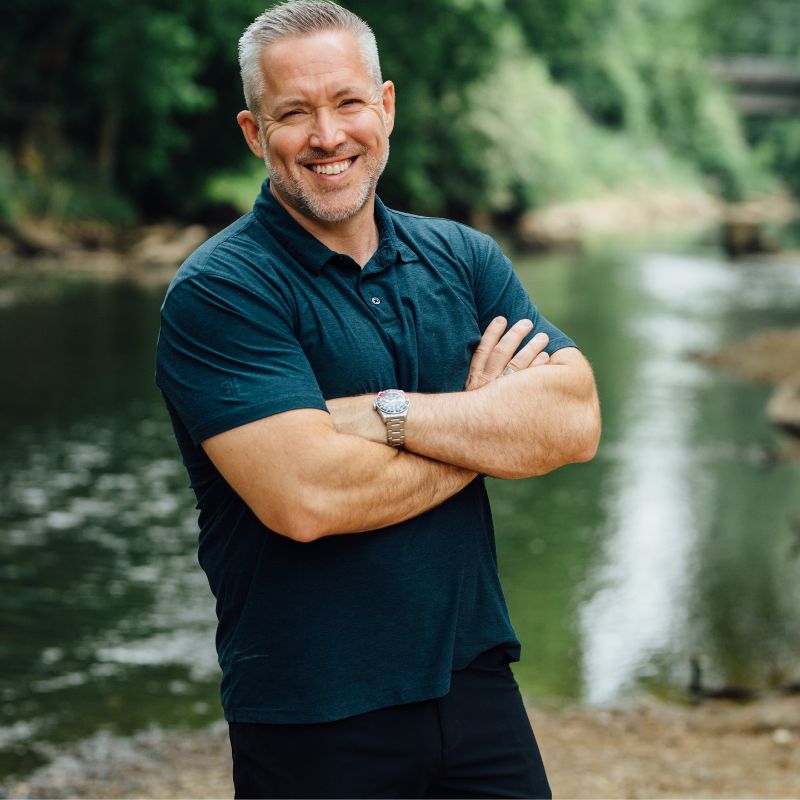
God has a purpose for you in his global mission. The Bible is clear that God uses ordinary people to bring his power to the world. In the book of Acts, that man is Stephen, and his story occurs at the very crux of the early church.
Before Stephen comes on the scene, as far as we can tell, the gospel hadn’t left Jerusalem yet, even though Jesus had clearly articulated to his apostles that he wanted his gospel carried from Jerusalem to Judea and Samaria, and to the uttermost parts of the earth (Acts 1:8). In Acts 6, though, all the Christians are still in Jerusalem, meeting in small groups, discussing Peter’s last sermon, holding hands and singing Kum-ba-yah.
That all changes with Stephen.
His story begins with a church conflict where some of the Hellenistic (Greek-culture) widows complained they were neglected in favor of the Jewish widows. The Jerusalem “Meals on Wheels” wasn’t getting around to the Hellenistic widows as consistently, so the apostles appointed seven men to deal with this problem. These were the first version of deacons in Scripture. Stephen was one of the men appointed.
Despite his appointment to a role, he wasn’t viewed as important or a theological leader in the church. He didn’t write books or preach sermons; he was a table waiter, the Uber Eats delivery guy of the early church. In Acts 6:7, though, we see that he did his task so well and so full of the Spirit that it got the attention of the community, including the Jewish priests—so much so that many believed in Jesus because of him. Verse 10 says, “But they could not withstand the wisdom and the Spirit with which [this ordinary layman] was speaking.” This got the attention of the Sanhedrin, the religious leaders, who tried to discredit Stephen. They dragged him before the Jewish council and demanded that he defend himself. What follows is the longest recorded—and least seeker-friendly—sermon in the book of Acts.
Stephen gives an overview of Israel’s history, accusing his hearers of turning their religion into an idol. He ends by saying, “Your forefathers killed all the prophets; and you killed the Son of God himself.” Acts tells us the people were enraged, yet Stephen was full of the Spirit, seeing the glory of God and Jesus at his right hand. The people stopped their ears, rushed toward him, cast him out, and stoned him to death.
But what they intended to stop the movement, God intended to spread the movement. On the day of Stephen’s martyrdom, a great persecution against the Jerusalem church began, scattering believers—except the apostles—throughout Judea and Samaria. Take note of that: The first time the gospel left Jerusalem, not a single apostle was involved! Because of Stephen, an ordinary Christian, the gospel spread just as Jesus said it would.
Which is a pattern for how God works in the world: He wants to use you and fill you with his Spirit, too. In fact, the more ordinary you are, the more likely God wants to use you.

The book of Acts is usually called the “Acts of the Apostles.” But it should really be called the “Acts of the Holy Spirit,” because time and time again it tells of the Spirit working through everybody in the church to advance the mission of the gospel. In chapter, for instance, Luke writes, “And the hand of the Lord was with them, and a great number who believed turned to the Lord” (Acts 11:21). No one, not even the author, Luke, knew the names of the people planting churches in Antioch. They were nobodies, “Bystander #3” in a Marvel movie. And yet, the Spirit used “them” to plant a church that would one day send out the Apostle Paul as a missionary.
What if you’re part of this generation’s “them”? After all, wasn’t it because of “them” that you came to faith? One person passed the faith along to another, on and on and on for centuries, until it reached you. Do you know the entire lineage of your faith? I doubt it. You’re indebted to “them” for knowing Jesus. And now you can be the “them” for someone else.
Listen, I get it: A lot happens in the book of Acts that is unique. But you cannot convince me that the only book we have in the New Testament that shows us what it looks like to walk in the Spirit is filled with a bunch of stories of people with whom we have nothing in common. God was leading his people then and he’s leading his people today.
Just like God was sovereign in the early church’s persecution, what if he was sovereign in your skill, your job? What if God gave you a certain skill so that you could, like Stephen and the “them” of Acts 11, make disciples wherever he takes you?
In his latter years, Billy Graham kept saying he was convinced the next Great Awakening would be in the marketplace. You know what that means? It means God’s more likely to use you than me. I’m not situated to lead a revival. You are. You are placed into a situation, a job, a place, a school, a neighborhood to make a gospel impact. Just like Stephen. Just like the anonymous “them.”
Get this: Of the 40 miracles in the book of Acts, 39 happen outside the church. That’s bad news for someone like me. As a pastor, I do most of my work in the church. That means I have access to only 1/40 of the power of God. The rest is supposed to happen through you, in the community. Isn’t that exactly the opposite of the way we think about it? If you ask most Christians about an experience with the power of God in their lives, they’ll point to some moment in a sermon or during worship that really hit them. I’m grateful for that, truly, but that’s a drop in the bucket of the power God makes available through the church. The true power is with you.
If that intimidates you, just remember that when God uses us, he also equips us, primarily through the power of the Holy Spirit. As Stephen’s story illustrates, the most significant quality about him wasn’t his talent, his intelligence, or his Bible knowledge (though he clearly knew his stuff). What set Stephen apart was being filled with the Spirit.
Jesus made such extraordinary promises about the power and potential of the Spirit in believers—they are so staggering that we tend not to take them seriously! In John 14:12, Jesus says, “Truly, truly, I say to you, whoever believes in me will also do the works that I do; and greater works than these will he do, because I am going to the Father.” Say what now? Greater? How could our works be greater? Has anyone preached a greater sermon than the Sermon on the Mount? Counseled a woman with greater insight than Jesus and the woman at the well? Prayed with greater understanding of God’s heart than Jesus?
The greater Jesus is talking about is that gospel impact would be far greater through all of us than if the Spirit’s power stayed concentrated on any one person, even if that person was Jesus himself.
Have you asked the Holy Spirit, high school and college student—what he wants you to do on your campus? Have you asked him what he wants you to do with your life in the world?
Have you asked him, a retiree, what he wants you to do with your retirement? What if what you preferred was the kingdom of God and you followed the Holy Spirit?
Success in ministry is not talented people doing great things for God; it’s an army of ordinary people—like Stephen, like the “them,” like you—following the leadership of the Holy Spirit.
Photo Credit: SWN Design

Pastor J.D. completed his Ph.D. in Theology at Southeastern Baptist Theological Seminary. He serves as a member of the Board of Directors of Chick-fil-A, serves as a Council member for The Gospel Coalition, and recently served as the 62nd president of the Southern Baptist Convention. Pastor J.D. and his wife Veronica are raising four awesome kids.
"Editor's Note: Pastor JD Greear's "Ask the Pastor" column regularly appears at Christianity.com, providing biblical, relatable, and reliable answers to your everyday questions about faith and life. Email him your questions at [email protected]."



